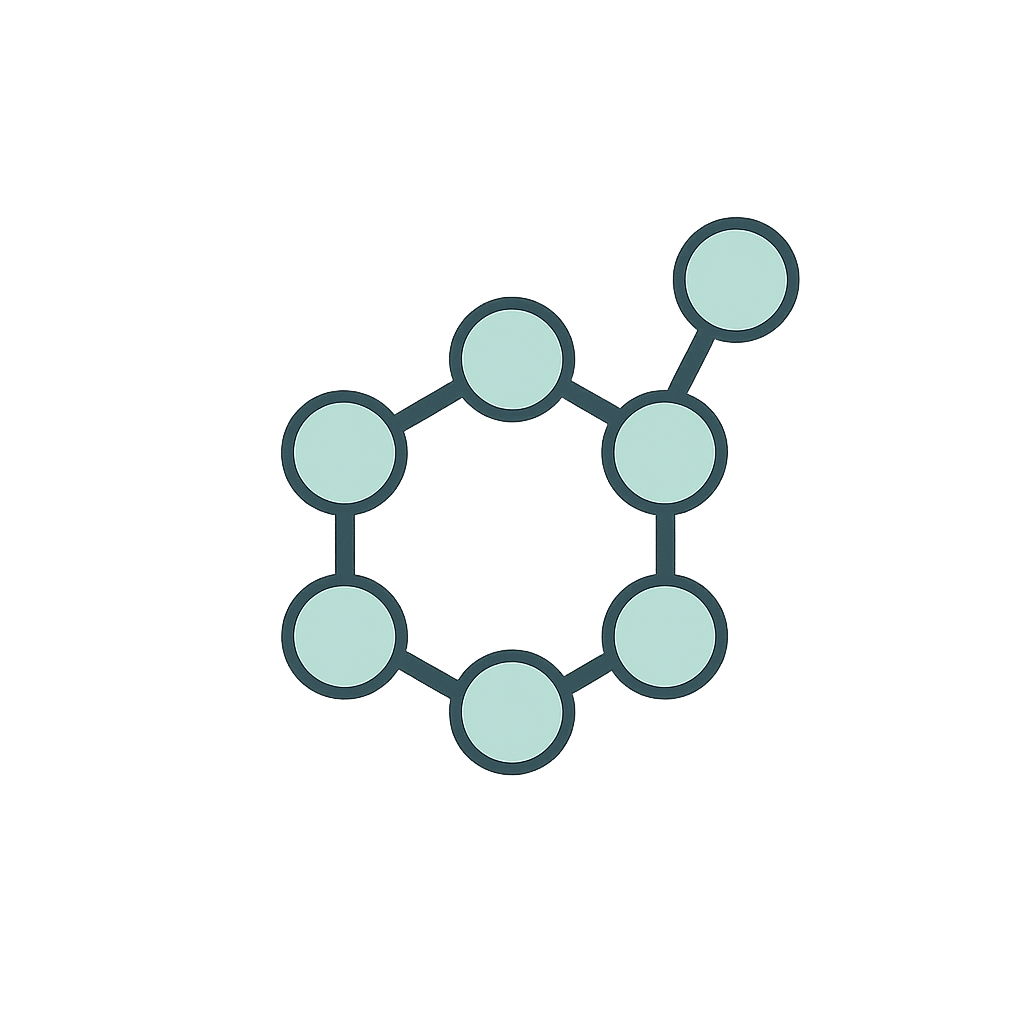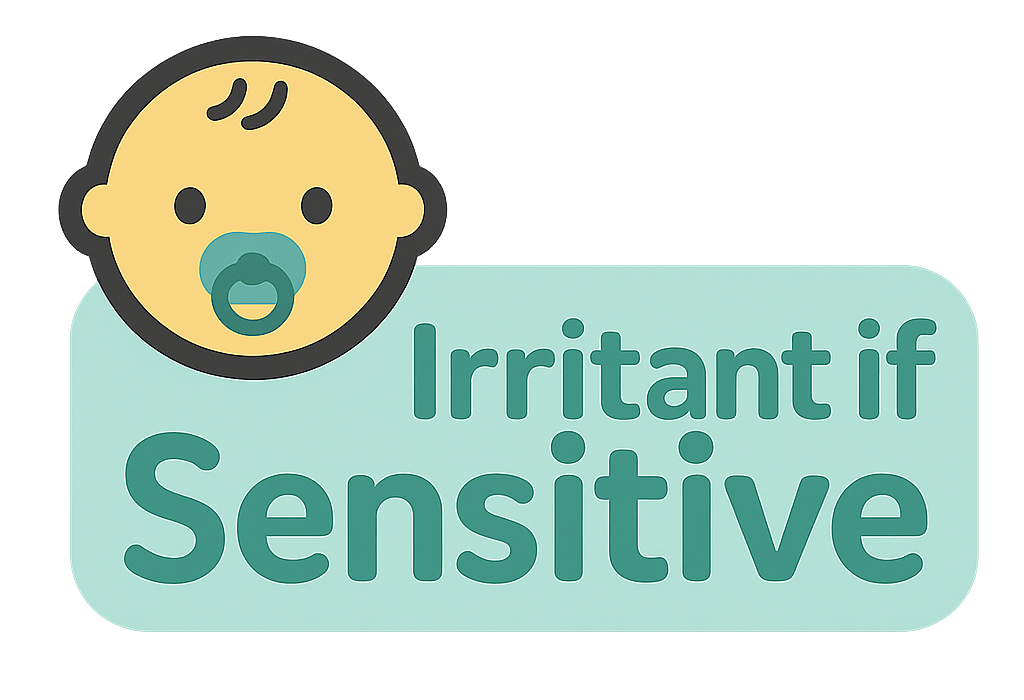Honey

2-5 year old preschoolers • Skin contact product
Check for Different Age (6 available)
Safe for preschoolers to use Honey?
ℹ️General Overview
For children 2-5 years (toddlers, preschoolers), using honey on the skin is usually safe and often helps soothe and moisturize. The biggest risks are skin allergy or sensitivity, which are uncommon but possible.
✅What to Do
1) Do a small patch test: put a tiny amount on the inside of the forearm and wait 24 hours. 2) If no redness or swelling, it should be fine for short-term topical use. 3) Avoid putting honey on deep cuts or open wounds unless a doctor tells you to. 4) Stop use and contact your pediatrician if you see redness, swelling, hives, breathing trouble, or other signs of an allergic reaction. 5) If your child has known bee, pollen allergies, or eczema, be extra cautious and consider skipping honey-containing products.
⚠️Warnings
Allergic reactions: industry reviews and human case reports (including documented contact urticaria and rare anaphylaxis) are the reason to patch-test and watch for hives or breathing problems (sources: Cosmetic Ingredient Review; published case reports from 2016–2017). Contamination: heating or processing can create 5-hydroxymethylfurfural (a contamination concern) — this is listed by regulatory reviews as a low-to-moderate concern. Animal studies have shown endocrine effects only at high doses (not typical for topical use). Also note that some product verification programs restrict honey in products unless manufacturers provide safety documentation.
Are you holding the product?
Scan the full ingredient label and understand if it's safe for your child.
Safety Risk Labels
This ingredient has the following documented risks:




Tap or hover over labels to see detailed risk information.
Alternative Names for Honey
This ingredient may also be listed as:
Always check ingredient labels carefully, as ingredients may be listed under different names.
Products Containing Honey
This ingredient is found in the following products:
This list shows products that contain Honey or its alternative names.
Common Questions About Honey
Safe for preschoolers to use Honey?
Yes, Honey is generally considered safe for 2-5 year old children based on current research.
What are the immune system risks of Honey for preschoolers?
Could weaken or confuse immune system. Young children may be more sensitive to these effects.
What are the eczema risks of Honey for preschoolers?
Linked to triggering or worsening eczema and similar skin conditions. Young children may be more sensitive to these effects.
What are the irritant risks of Honey for preschoolers?
Can cause skin redness, itchiness, or rashes—especially on sensitive baby skin. Young children may be more sensitive to these effects.
What are the long-term risk risks of Honey for preschoolers?
Linked to long-term health effects after years of use or exposure. Young children may be more sensitive to these effects.
What products contain Honey?
Honey is commonly found in skincare products, cosmetics, and topical applications. Always check ingredient labels before use.
Is this suitable for preschoolers to using products with Honey?
The appropriate age depends on the specific ingredient properties and concentration. This analysis is for 2-5 year old children. Use the age selector above to check other ages.
Want to scan another product?
Use our camera scanner to analyze more ingredient labels
Scan Another Product